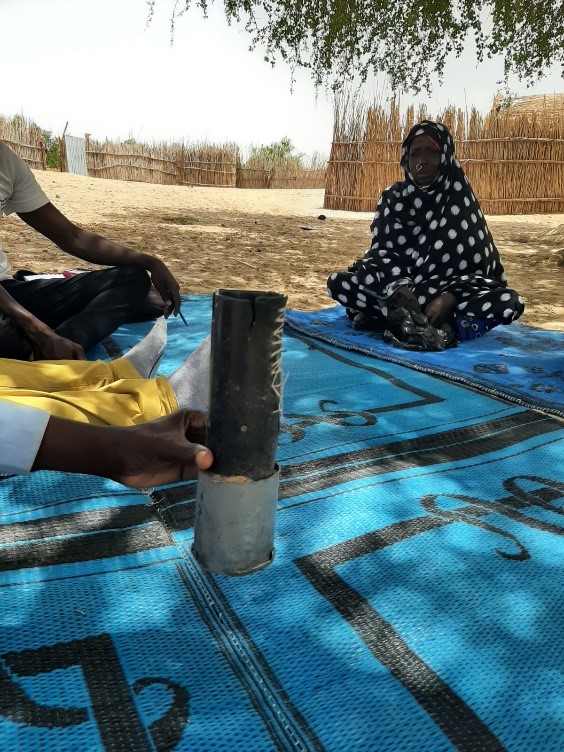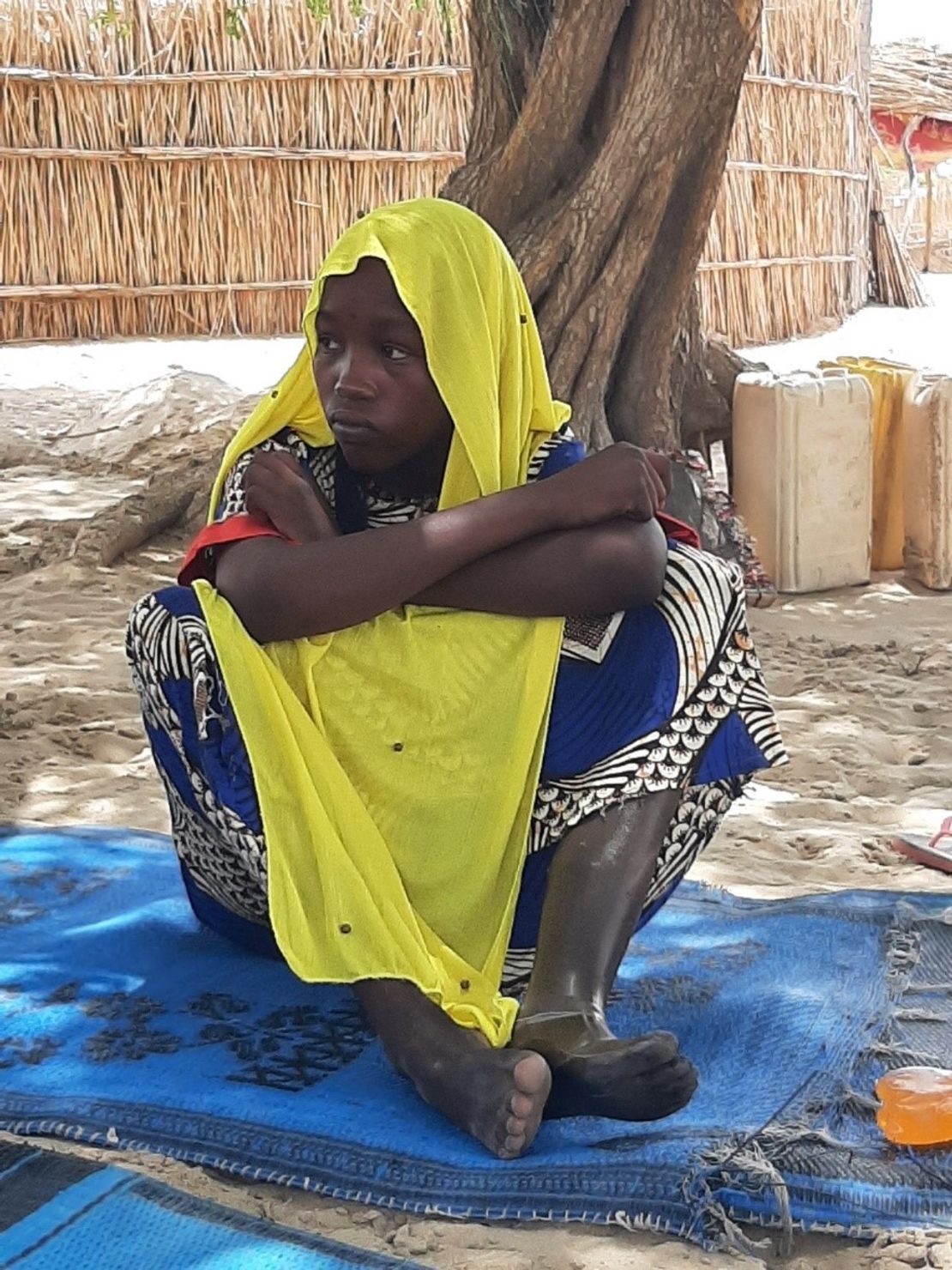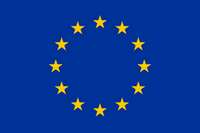share

Portrait of Hawa | © S. Bohan-Jacquot/HI
Hawa is 14 years old. She lives in Fourkoulham, a camp for internally displaced people on Lake Chad. Born without a left foot, she is going back to school with prosthesis provided by HI.
Thanks to her prosthesis, Hawa can return to school without the fear of being taunted by her classmates. Since 2021, HI has helped 6,000 children in Chad, with or without disabilities, to go to school.
Hawa hasn’t been to school for five years. Successive displacements caused by the armed violence in the region and the COVID pandemic have disrupted the education of thousands of children. The region’s schools have only recently reopened.
“Many families keep moving make and forth: they flee to a camp, then return to their village in the Lake Chad islands to grow food when the situation seems safe, then they go back to the camp, and so on.”
Sandrine Bohan Jacquot, HI Education Specialist
 Hawa was born with no left foot. Her family made her a makeshift prosthesis out of some PVC piping so that she could walk, but it was ill-fitting, caused her to limp badly and injured her leg. Her classmates made so much fun of her that she didn’t want to go to school.
Hawa was born with no left foot. Her family made her a makeshift prosthesis out of some PVC piping so that she could walk, but it was ill-fitting, caused her to limp badly and injured her leg. Her classmates made so much fun of her that she didn’t want to go to school.
It all changed when Hawa was spotted by HI in 2021 and referred to the Kabaraye orthopaedic and rehabilitation centre (CARK) in N'Djamena. She stayed there for 15 days with her mother while she was fitted with a prosthesis.
In the last year and a half, 1,100 children with disabilities have been identified, enrolled in school and followed-up by HI and its partners in Chad. In all, more than 6,000 children have been supported since 2021 by HI, which is planning to help 12,000 children, with or without disabilities.
HI has also participated in the construction and improvement of 100 schools (60 in Lake Chad and 40 in Logon Oriental, in the south of the country).
 Thanks to her prosthesis, Hawa is no longer in pain. She can move around without difficulty and with barely a limp. She is returning to school. Some children still give her leg curious looks, but they no longer make fun of her.
Thanks to her prosthesis, Hawa is no longer in pain. She can move around without difficulty and with barely a limp. She is returning to school. Some children still give her leg curious looks, but they no longer make fun of her.
HI has provided her with a school kit including a bag, slate, chalk, notebooks and coloured pencils, and the accessibility work carried out in her school by HI gives her access to the latrines.
Hawa is delighted to be going back and learning how to read and write again – something, she has forgotten after five years away from the classroom.
“The female literacy rate in the region is extremely low at 3.2%. Enabling young girls to go back to school is a crucial challenge”.
Sandrine Bohan Jacquot, HI Education Specialist
 The European Union and its member states are the primary financers of humanitarian aid. Through the Directorate General for Civil Protection and Humanitarian Aid Operations (ECHO), the European Union assists millions of victims of conflict and disaster every year. With its headquarters in Brussels and an international network of field offices, it provides assistance to the most vulnerable people on the basis of humanitarian needs.
The European Union and its member states are the primary financers of humanitarian aid. Through the Directorate General for Civil Protection and Humanitarian Aid Operations (ECHO), the European Union assists millions of victims of conflict and disaster every year. With its headquarters in Brussels and an international network of field offices, it provides assistance to the most vulnerable people on the basis of humanitarian needs.








HI is an independent and impartial aid organisation working in situations of poverty and exclusion, conflict and disaster. We work alongside people with disabilities and vulnerable populations, taking action and bearing witness in order to respond to their essential needs, improve their living conditions and promote respect for their dignity and fundamental rights.
HI is an independent and impartial aid organisation working in situations of poverty and exclusion, conflict and disaster. We work alongside people with disabilities and vulnerable populations, taking action and bearing witness in order to respond to their essential needs, improve their living conditions and promote respect for their dignity and fundamental rights.